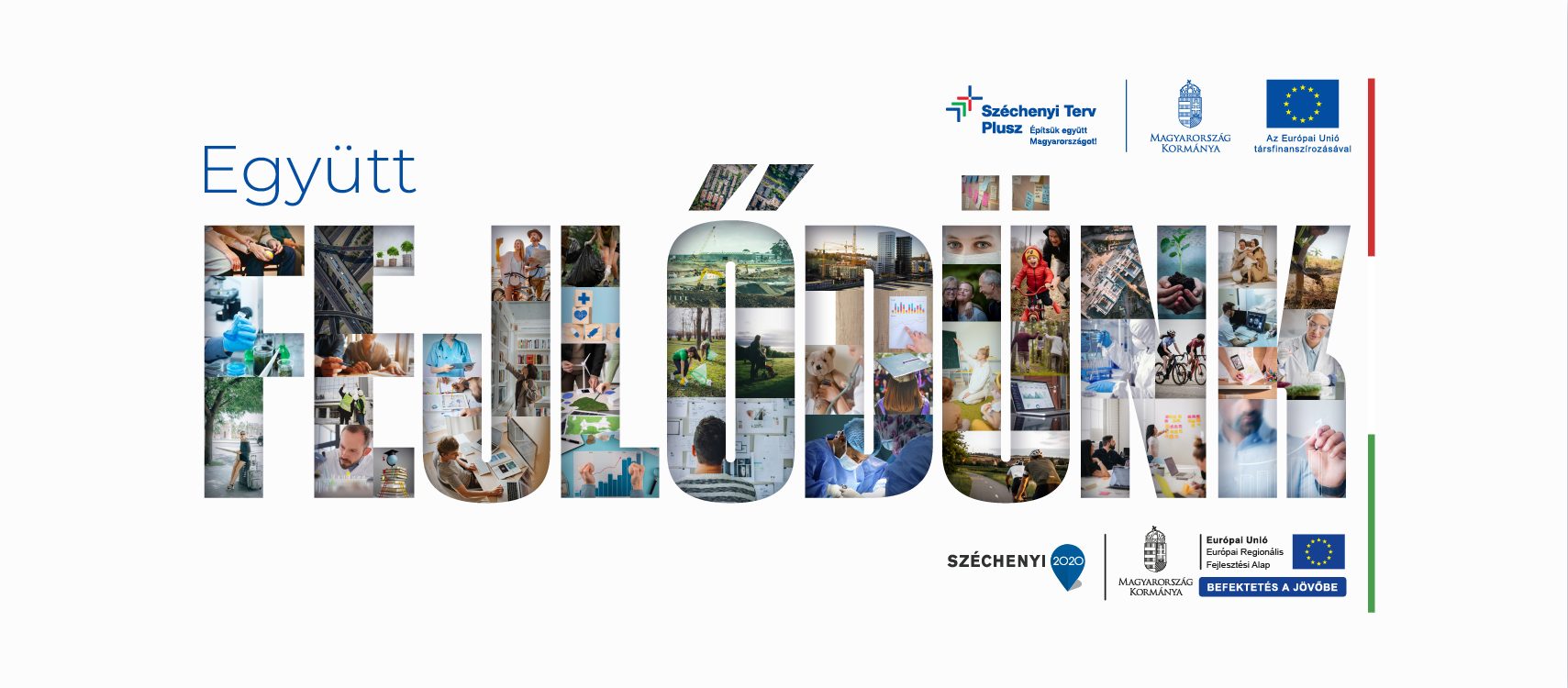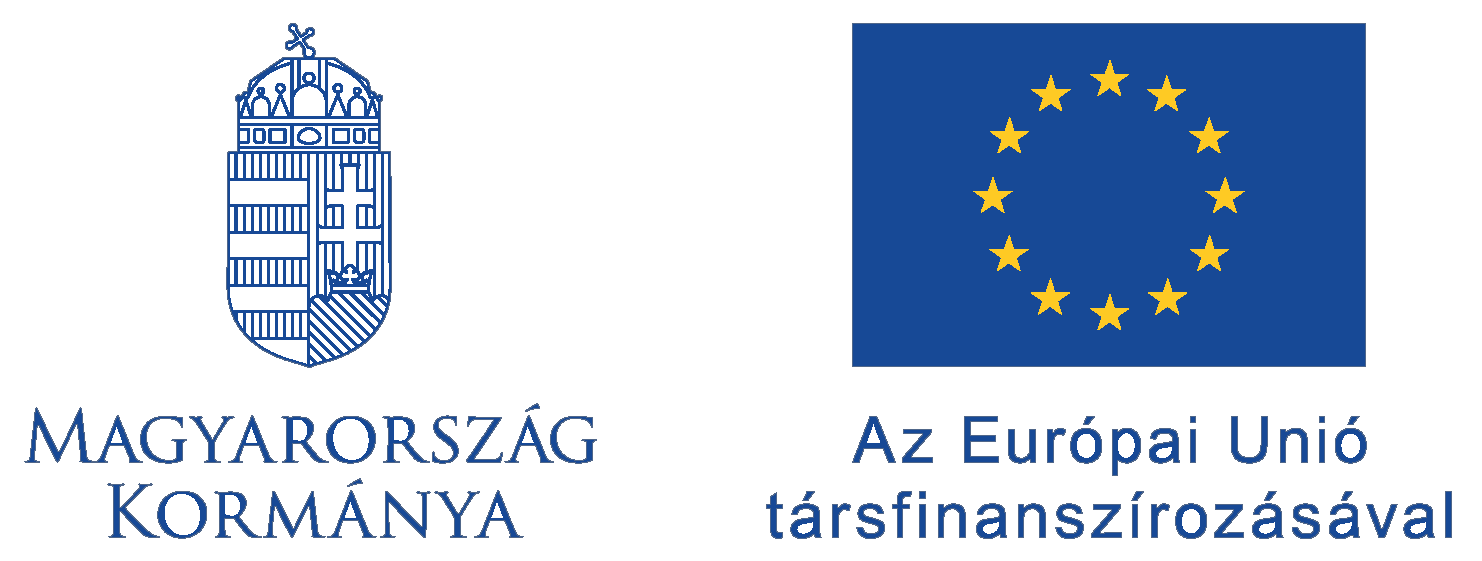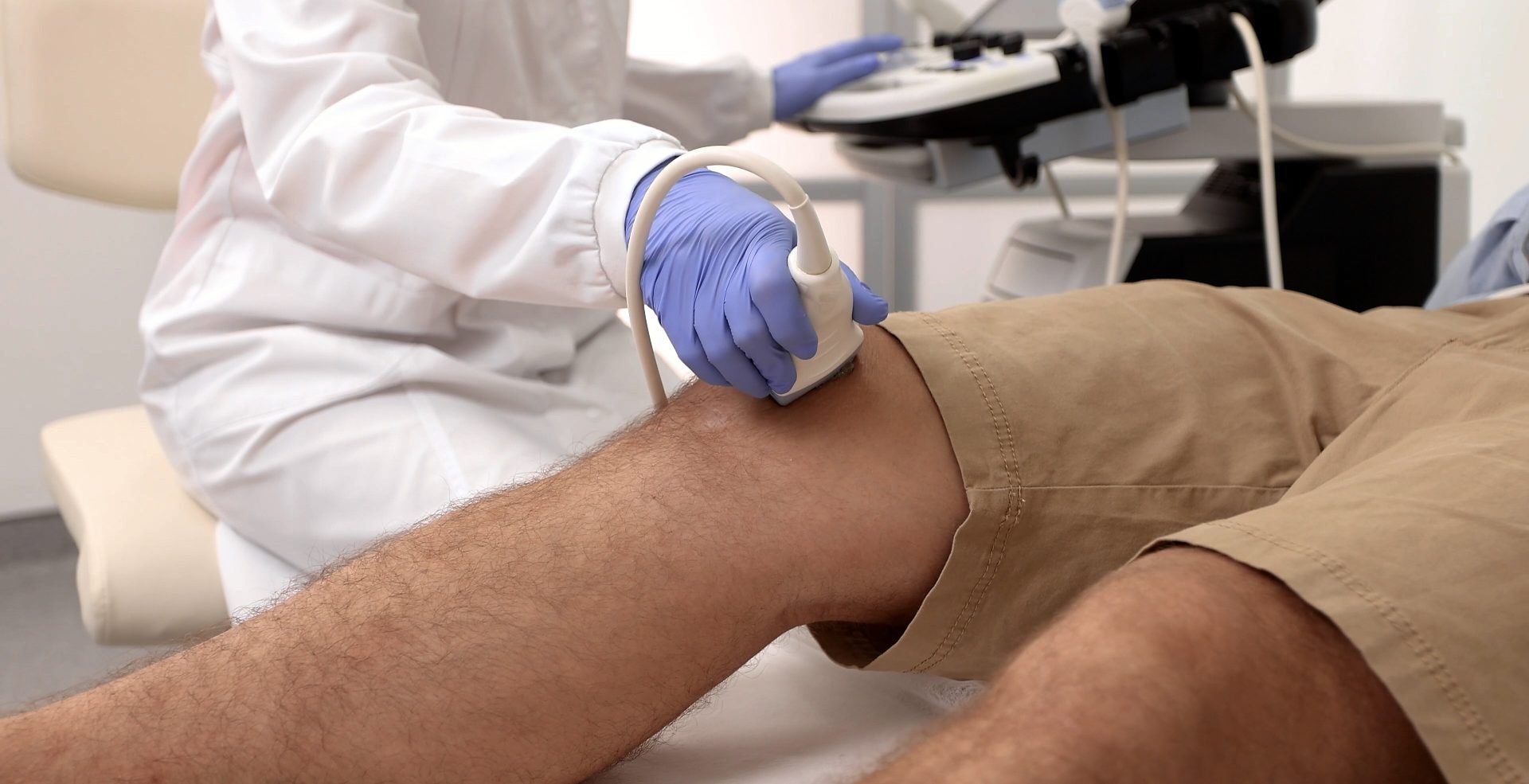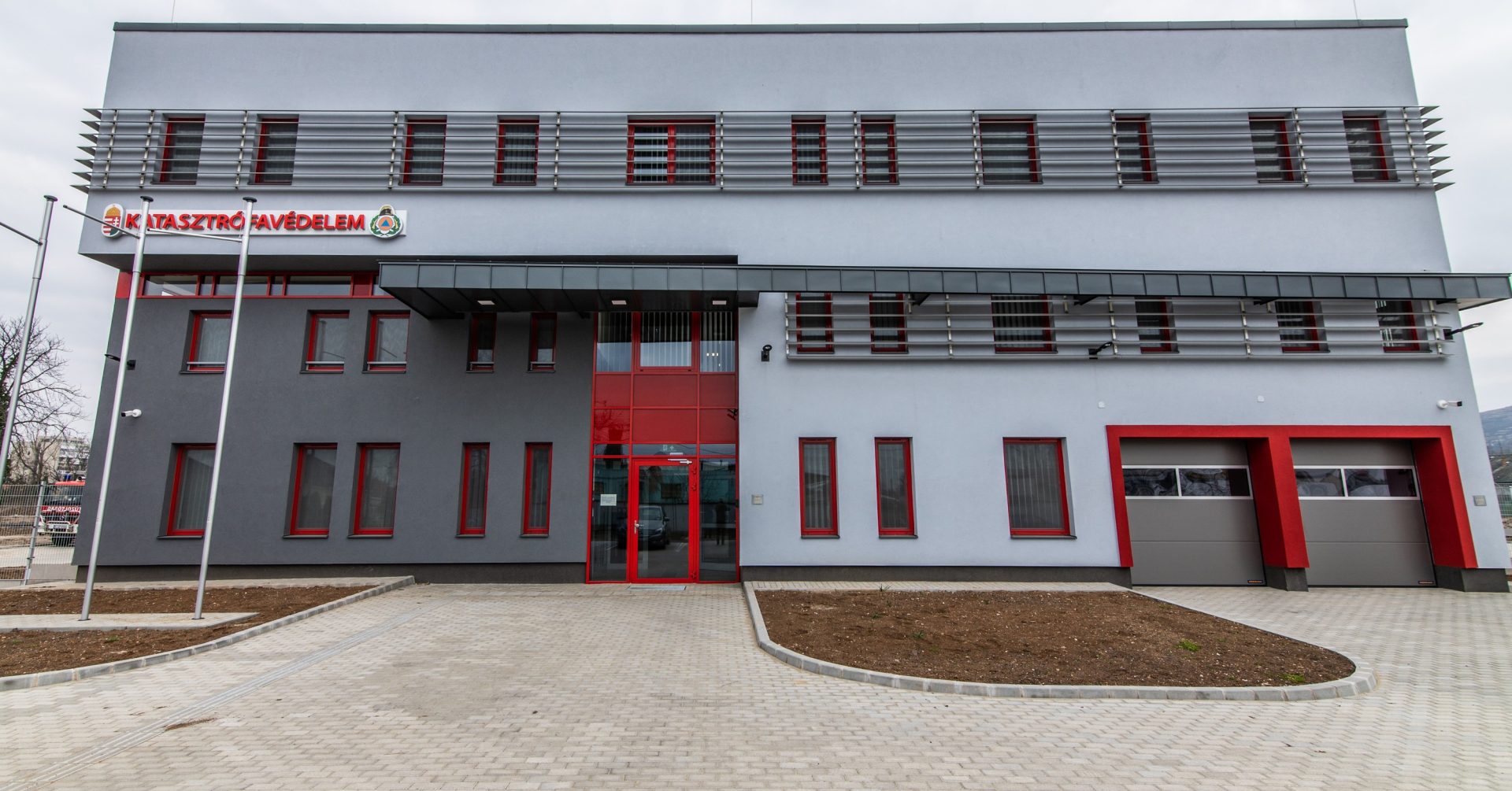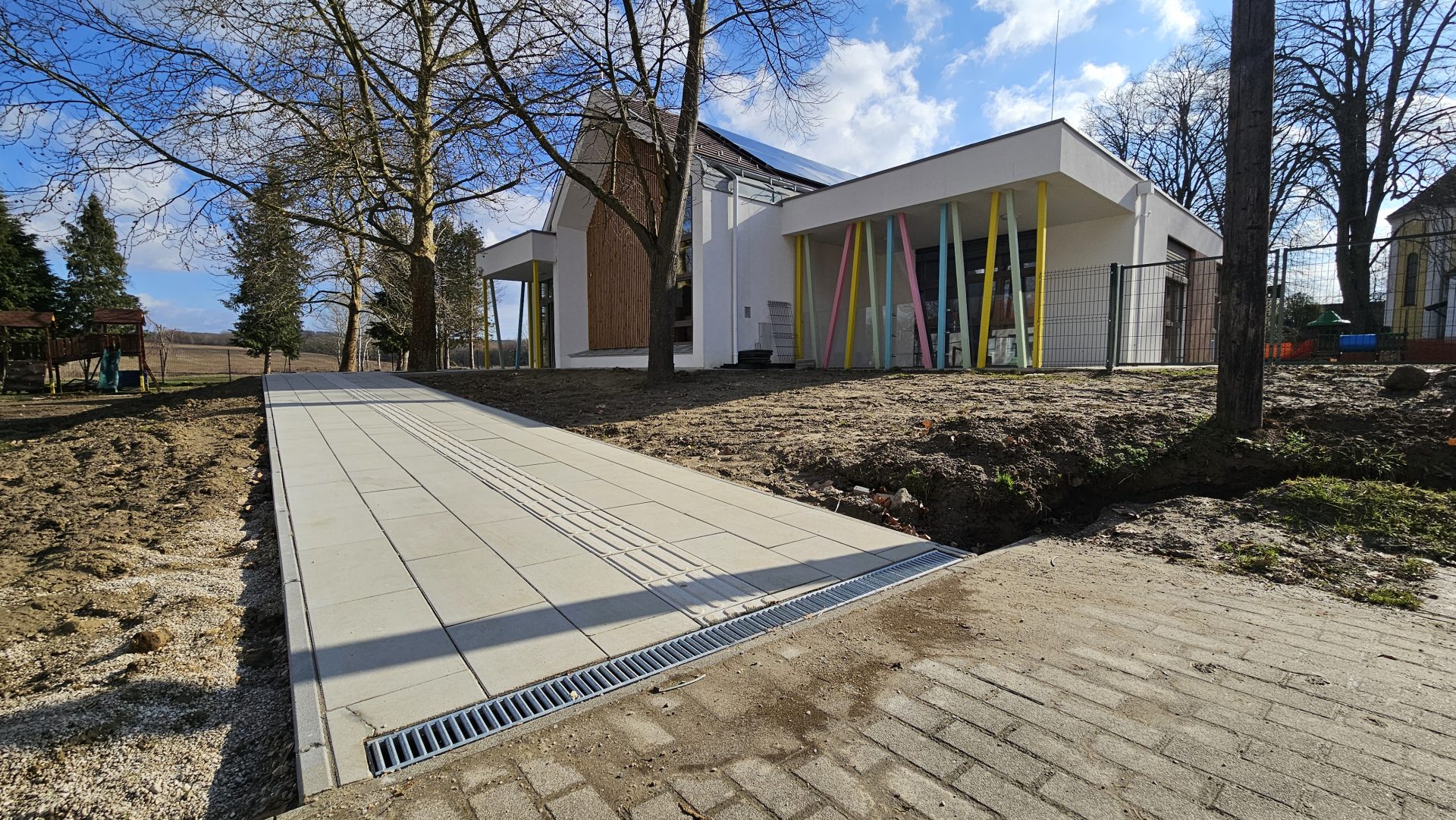A large-scale university educational tool development has been implemented at the Orosháza center of Kodolányi János University by modernising the educational environment that ensures students’ practical work, building infrastructure to support distance education and open-source learning, and creating community spaces.
The southern part of Békés is considered disadvantaged in terms of social, economic, and geographical aspects, and the residents here have less access to higher education due to their economic background. It is therefore important to support the channeling of talented young people in the region into higher education, ensuring their retention so that they also obtain a degree.
Keeping this in mind, Kodolányi János University implemented the project titled “Info-communication for a Peaceful Future!” in Orosháza. The completed tasks served as developments that contributed to the implementation of complex educational innovation at the university through the renewal of classrooms and the distance learning toolset. The goal has been articulated that both students and teachers should be able to meet the continuously changing labor market trends through training that reflects corporate needs. In addition, the university should respond to global challenges and competition with a training offer that is not only unique and forward-looking on a national level but also recognised on the international stage, thereby increasing the competitiveness of the institution and its graduates. The transformation of training and the strengthening of digital competencies expand the job market opportunities for recent graduates, facilitating their employment.
Information technology plays a significant role in the mid-term strategy of Kodolányi János University. In computer science education, the University’s Orosháza center aims for a regional role. In cooperation with Hungarian IT companies and start-ups, they plan to offer IT-related training programs that best meet labor market demands. They are considering the development of courses, specialised training programs, bachelor’s, and master’s degree programs related to specific application areas. These can only be built on a strong IT infrastructure, the establishment of which was the main element of this application.
Thanks to the EU and domestic funding, classrooms were equipped with furniture, computers, RAD Studio software, printers, and other accessories. The server infrastructure necessary to run the thin client environment consisting of 35 clients has been installed, and a server room has been set up. A Wi-Fi network has been established on the institution’s premises, and 5 library computers have been installed to enhance the quality of library services. To streghten the effectiveness of education, the use of the Worldwall software, which includes tens of thousands of educational resources, has been made possible in classrooms through 4 interactive displays. By integrating sound systems, projectors, projection screens, as well as conference room monitors, cameras, and microphones, modern rooms suitable for presentations, distance learning, or other group work-supporting activities have been developed. In the Orosháza center, two community spaces have been created that are suitable for hosting various lectures and community programs, and also for organising programs for the children of mothers who are studying, in order to promote gender equality.
Although the target group of the project included every student, as the elements related to the development of digital competencies were integrated into the curricula of all educational levels and programs, and similarly, the development of student services (administrative, community, library, distance education), also benefited the entire student body, the project’s primary target group consisted of students from disadvantaged backgrounds, at risk of dropout, who often belong to disadvantaged social groups. Attention was paid to high school graduates who were not admitted, as well as to courses and training programs that do not provide formal qualifications but are based on individual motivation and social demand, in line with the concept of lifelong learning, for young people who wish to apply for university or college admission. By developing digital competencies, student dropout rates also decrease, and through new services, they can engage additional target groups in the training programs.
In the long term, the development in the South Békés could result in an increase in the number of people with higher education qualifications, setting society and the economy on a developmental path.
The development was implemented from EU funding in the project EFOP-4.2.1-16-2017-00004 under the Human Resources Development Operational Programme.
Find out more about the project in the Project Finder:Details
